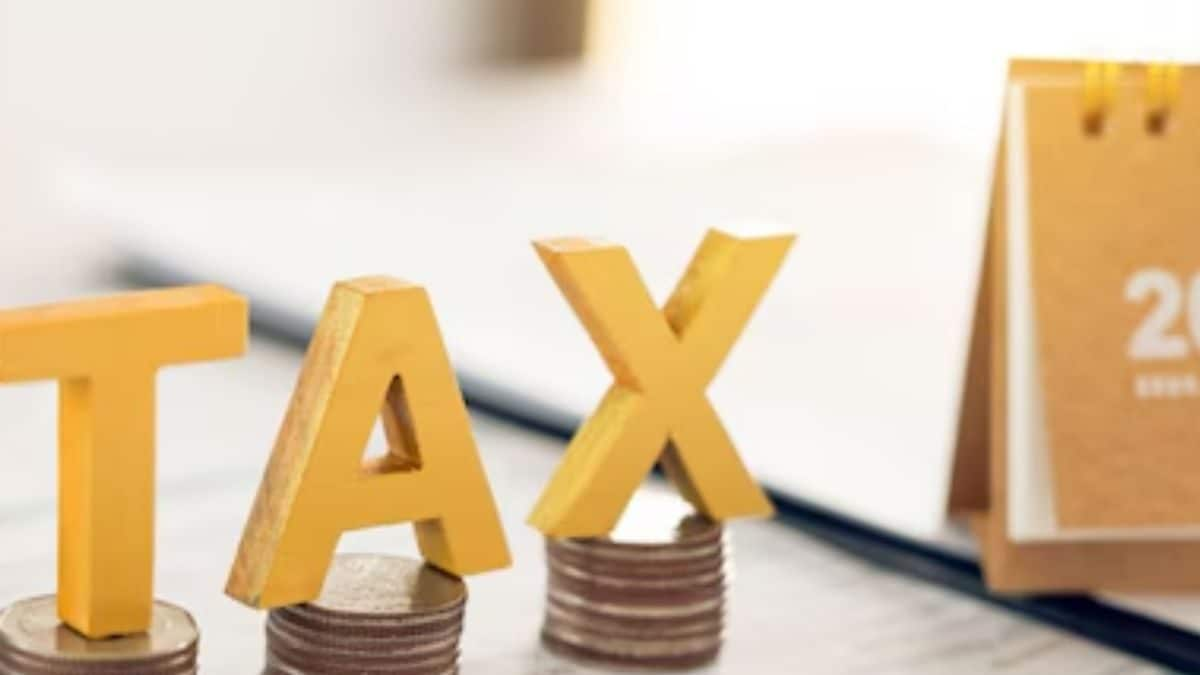 Science & Environment
Science & Environment
USA To Singapore, A Look At LTCG Of Other…

The tax rates in Japan vary according to the asset class.
In China, the government levies a tax of 20 percent, on the profit on the sale of movable and immovable property.
Finance Minister Nirmala Sitharaman presented the Union Budget 2024 on Tuesday, July 23. The salaried middle-class income group was the most disappointed with this budget, especially due to the increase in taxes. The Long Term Capital Gains Tax (LTCG) has been increased from 10 percent to 12.5 percent. Short-term Capital gain tax (STCG) has been raised from 15 percent to 20 percent. For the benefit of the lower and middle-income classes, it was proposed to raise the limit of exemption of capital gains on certain listed financial assets. The increase was to be done from Rs 1,00,000 lakh to Rs 1.25,00,000 per year. This space articulates more information about the capital gains tax in other countries.
1. United States of America- Long-term capital gains, on dispositions of assets held for more than one year, are taxed at a lower rate (20 percent) in the US. Short-term capital gains may be taxed at a higher rate than long-term capital gains.
https://www.empower.com/the-currency/money/what-are-short-term-capital-gains-taxes
2. China: In China, the government levies a tax of 20 percent, on the profit on the sale of movable and immovable property. The government does not levy tax on the gains made on the purchase and sale of shares of listed companies in the stock market.
3. Japan: In Japan, the tax rates vary according to the asset class. An asset class is a grouping of investments that exhibit similar characteristics and are subject to the same laws and regulations. The maximum long-term capital gain tax on the sale of shares, land and property is 20 percent. The short-term capital gain tax is 39 percent.
4. Australia- Australians and non-residents must pay land tax on any personal property, that is land with residential properties, holiday homes, company units, and even vacant land. If an Australian citizen invests for more than 12 months, then he or she can avail of a capital gains tax discount of only 50 percent on his capital gain profit.
5. Singapore- There is no capital gains tax in Singapore. No income tax is due on sales of shares, properties, intangible assets, etc. Thus, it makes for the most preferred trade destination for the investors.
